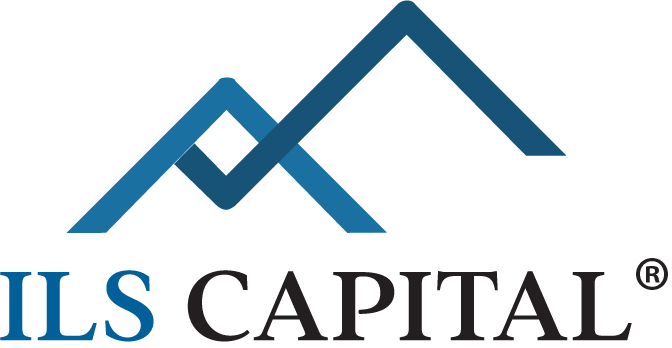Investing in private lending can be a great way to generate returns, but it also carries a certain amount of risk. In a previous post, other ways to reduce risk in lending were explored, such as lending to strong borrowers, increasing down payments, and cross-collateralizing. To further minimize risk while maximizing returns, private lenders can pull several more risk-reduction levers. In this blog post, we’ll be exploring more strategies for reducing the risk associated with private lending, and how to ensure you get the best return on your investment.
Loan To Value
One of the most well-known risk reduction levers in private lending is adjusting Loan to Value (LTV). During good times, when real estate values are increasing, lenders can raise their loan to value maximums. This allows borrowers to borrow more of the purchase price, creating higher returns for the lender. In times of recession or market changes, lenders can decrease their loan to value maximums, decreasing the amount of money invested in that particular property and reducing risk.
This strategy of managing loan to value has been a key tool for successful real estate investors, allowing them to build wealth in good times and protect their capital in bad times. By controlling loan to value, investors can maximize returns in good times and minimize risk during downturns. With continued management, they can make informed decisions while building wealth during any market.

Change Market Areas
When it comes to real estate investing, one of the most important strategies for minimizing risk and maximizing returns is to stay on top of market changes in different geographic areas. With private lending, starting or stopping lending in a particular geographic area may be necessary based on increased foreclosure, bankruptcy, changes in eviction laws, or market conditions.
By closely monitoring the local real estate market, lenders can make better decisions when deciding which geographic areas to invest in. Staying abreast of market changes also helps lenders determine when to switch out of an area or employ other risk reduction strategies. By diversifying their portfolio in this way, lenders can better protect their assets from sudden market changes and reduce their overall risk.

Change Asset Classes
For private lenders, changing asset classes is another key risk-reduction lever. During market changes, when one asset class may become depressed, lenders may decide to move away from that asset and into alternate investments. For example, with the current COVID-19 lockdowns, office buildings have been greatly affected, leading many lenders to decide to no longer invest in that asset class until it stabilizes.
the market will always have assets that fall out of favor. Lenders can decide when to pivot into another asset class by keeping track of current market trends.


